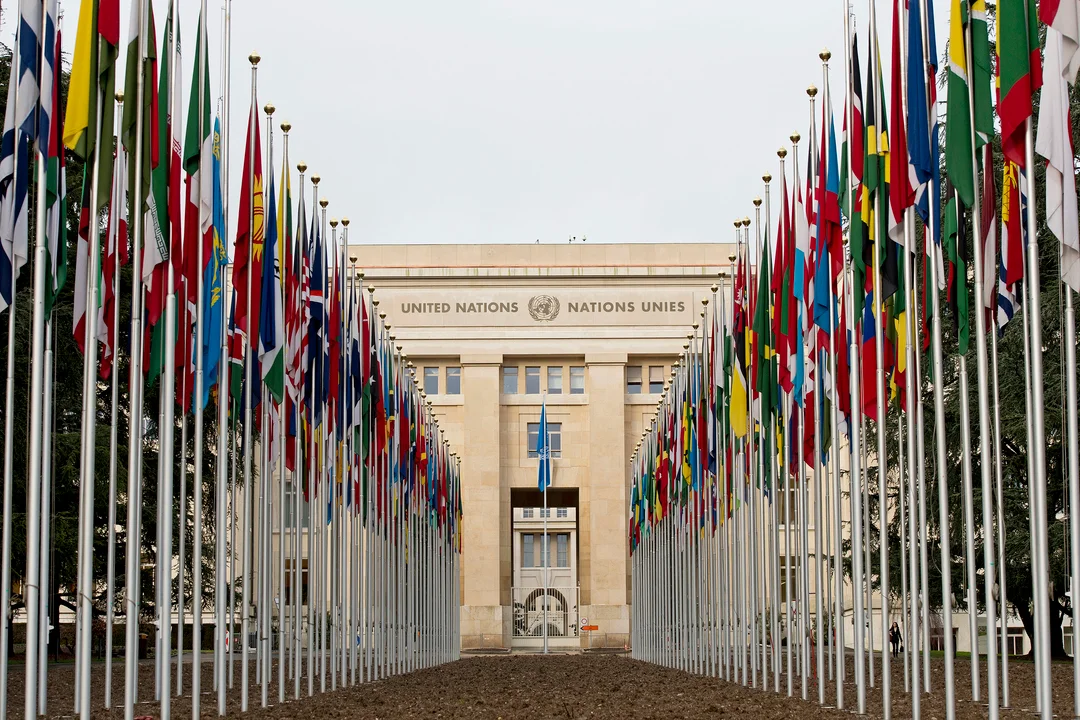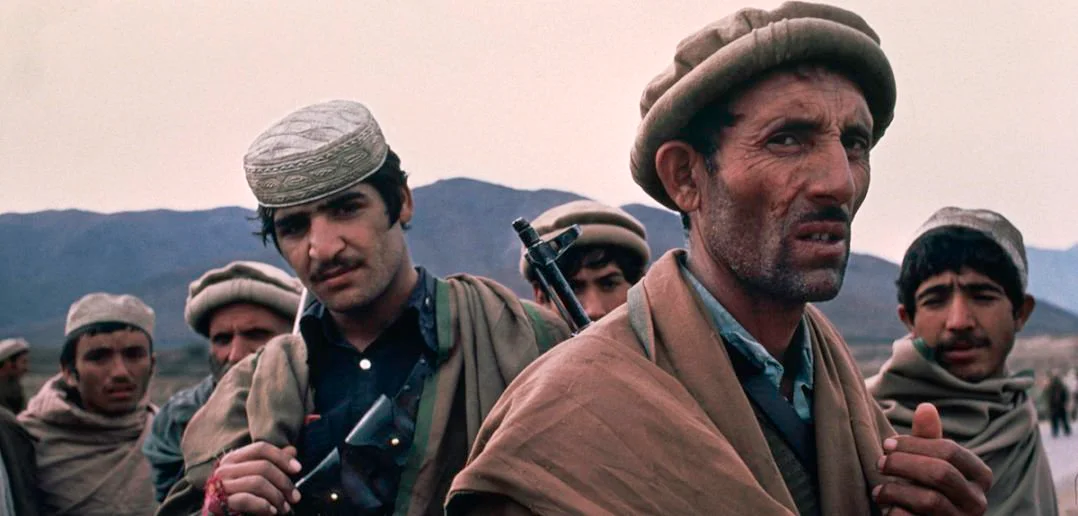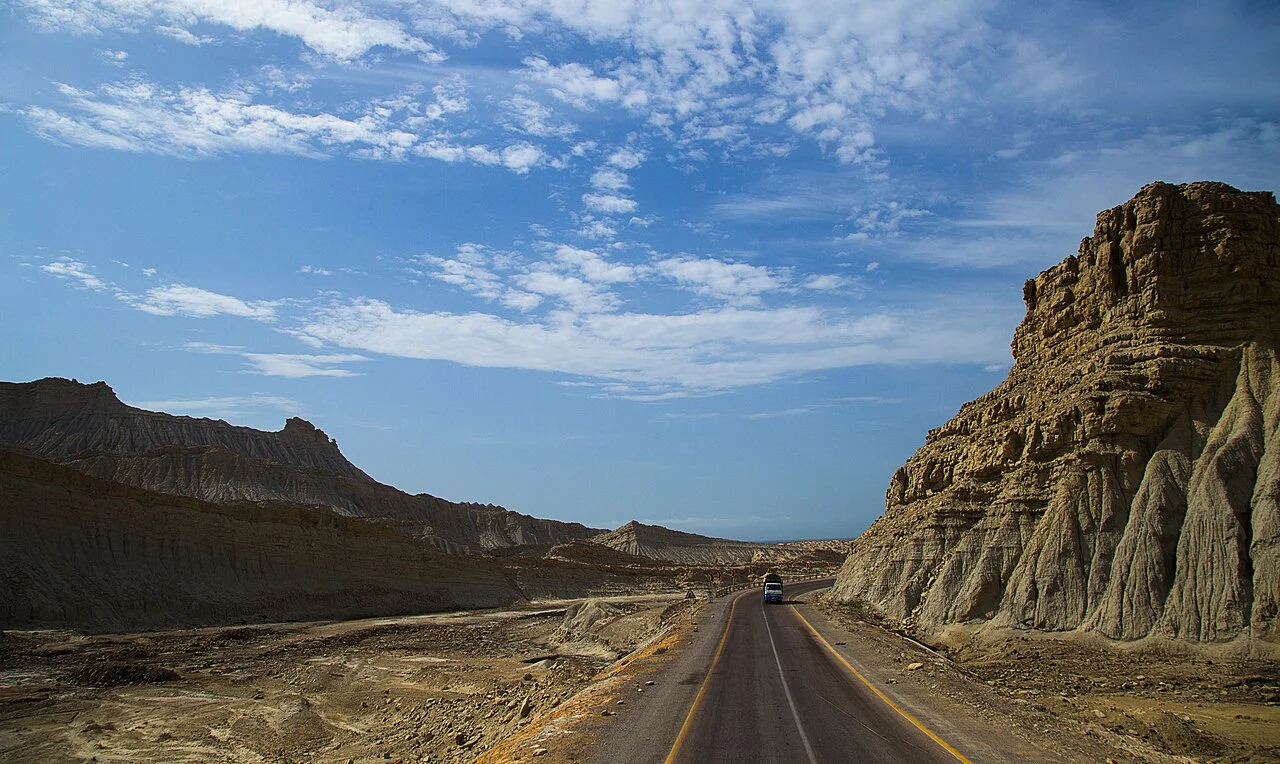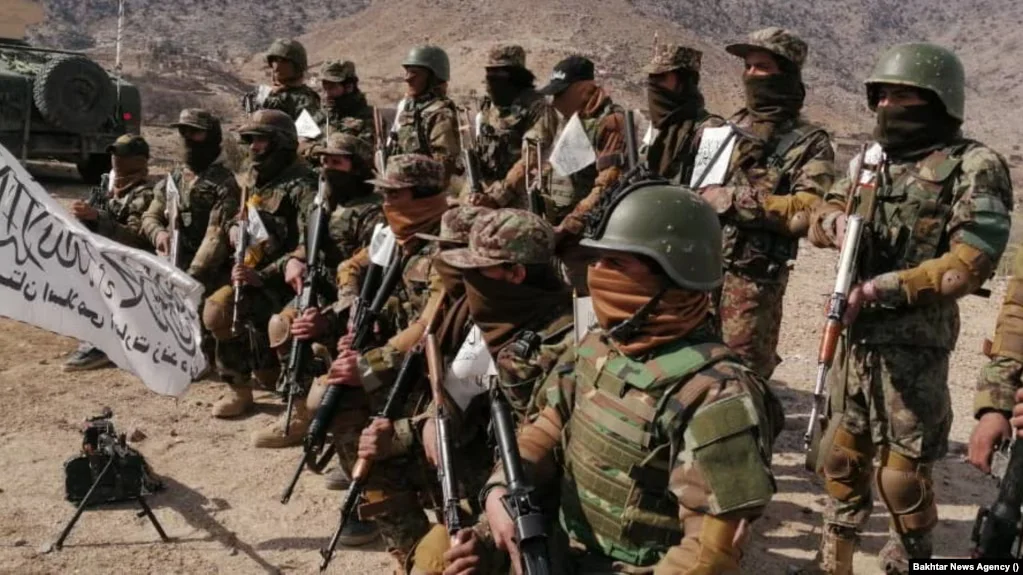The pandemic highlighted the need for computerized trade when early in March, amid concerns about the spread of COVID-19, Afghanistan, Bangladesh, Bhutan, India, Nepal, and Pakistan restricted trans-border human and freight transport.
This resulted in disrupted supply chains and a heavily adverse effect on trade flows.
South Asia witnessed significant daily losses as thousands of trucks, many loaded with perishable goods, were stranded. Moreover, similar disruptions at Petrapole-Benapole were felt. It is the largest land port in South Asia.
The Pandemic’s Economic Toll
The pandemic did not only leave 750,000 dead. It also crippled economies. The WTO is forecasting a year‑on‑year drop in global trade of around 18.5 percent.
The World Bank estimates that South Asian countries are likely to experience the worst economic performance in four decades. With transport costs soaring driven by additional inspections, reduced operating hours, road and border closures, imports continue to contract and exports keep falling.
Modernizing Trade in South Asia: Computerized Trade
Trade in South Asia is paper-heavy. It often requires physical submission of paper documents, to the various authorities or offices regulating trade. With offices closed due to lockdowns, trade came to a halt. Complex, frequently delayed border clearances, rent-seeking, etc all act as a costly impediment to the trade practice.
Measures introduced in South Asia to Expedite the trade process
Many measures expedited the movement of cargo amidst the crisis. India introduced a ‘faceless assessment’ program to assess declarations online irrespective of the port of arrival and established a dedicated single window COVID-19 helpdesk.
Similarly, Pakistan’s government has announced sales tax exemption on import of oxygen gas, its cylinders and cryogenic tanks for 3 months. Bangladesh waived import duties on priority medical supplies and accepted electronic copies for assessing goods imported from select countries. Bhutan implemented zero contact clearance procedures and release consignments with minimal interference.
Advantages of Computerized Trade
Furthermore, the COVID-19 pandemic presents an important opportunity for South Asian countries to introduce automated and computerized trade to improve critical infrastructure and border management processes. Traders filing all import, export, and transit information via a single electronic gateway and reduced face-to-face interactions, will save both time and costs.
Facilitating licit trade
Identify legitimate freight and facilitating its entry will become a lot easier. Illicit trade is particularly a problem on the Pak-Afghan and Indo-Bengal borders.
Additionally, in the absence of an effective risk management system, a high percentage of legitimate freight is unnecessarily subjected to physical interactions. Creating long dwell times and congestion at the border, and, as a result, impedes the flow of critical goods.
Why is Computerized Trade Important?
During times of a significant critical event such as COVID-19, borders have a propensity to harden as countries reassess their ability to satisfy their own critical needs before allowing the export of goods. Therefore, it is essential to increase regional cooperation between customs, land border authorities and other regulatory agencies.
Enhanced trade facilitation with computerized mechansims will lead to stronger economies. As well as border management practices that are agile, resilient, and adept enough to respond when the next crisis strikes.






